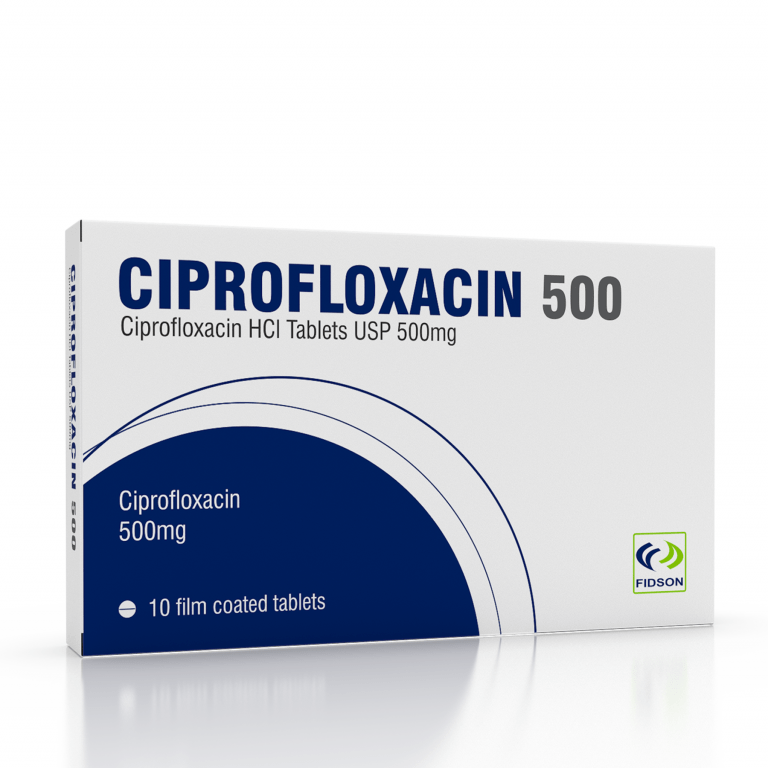The interaction between coffee and ciprofloxacin is a subject that has piqued the curiosity of many, especially for those who can’t start their day without a cup of coffee. Ciprofloxacin, which is a prescribed antibiotic is specifically formulated to combat and eradicate bacterial infections.
On the hand coffee, known for its caffeine content can have diverse impacts, on the bodys metabolism and its ability to metabolize medications. This raises the inquiry; What occurs when the invigorating effects of coffee, with the therapeutic qualities of ciprofloxacin?
What is Ciprofloxacin?

Ciprofloxacin is an antibiotic belonging to the class. Its main purpose is to stop the growth of bacteria, in the body making it an effective tool against infections. However it’s important to note that ciprofloxacin is only effective against infections and does not work on infections like the flu or common cold. It’s crucial to use this antibiotic as overuse or misuse can result in resistance reducing its effectiveness, in future treatments.
How to Use Ciprofloxacin
Before starting a course of ciprofloxacin it is essential to consult the Medication Guide. Any information given by your pharmacist. Normally this medicine is taken twice a day. To ensure its effectiveness it is important to shake the container and measure each dose accurately. The dosage and duration of the treatment may vary depending on factors such, as the patients condition, age and overall health.
What is Ciprofloxacin Used to Treat?
Ciprofloxacin is an antibiotic, which makes it a preferred option, for treating various bacterial infections. It has consistently demonstrated its effectiveness in treating conditions such, as tract infections and certain respiratory infections. However it is important to use ciprofloxacin exclusively for infections in order to preserve its efficacy.
Is Ciprofloxacin a Very Strong Antibiotic?
Sure Ciprofloxacin is widely known for its effectiveness. It’s highly effective, against a variety of bacteria, which makes it a popular choice among healthcare professionals, as an antibiotic.
What to Avoid When Taking Ciprofloxacin?
When taking ciprofloxacin it’s important to be mindful of interactions. Some products can bind to the antibiotic which may decrease its effectiveness. These products include antacids, calcium supplements and certain vitamins/minerals. Its recommended to separate the intake of these products, from the antibiotic to ensure absorption.
What are the Side Effects of Taking Ciprofloxacin?
Like any medication ciprofloxacin can potentially cause side effects. Although most individuals may not encounter any reactions it is important to remain cautious. Typical side effects can vary from queasiness, to serious responses. If you notice any symptoms it is always advisable to consult your doctor.
Are Ciprofloxacin Safe?
When used as directed and under the guidance of a healthcare provider ciprofloxacin is generally considered safe. However it’s crucial to be mindful of effects and drug interactions to prioritize ones well being.
Are Ciprofloxacin Hydrochloride?
Ciprofloxacin hydrochloride is essentially a version of ciprofloxacin. It’s the form of ciprofloxacin that’s, in the form of hydrochloride salt. Its main purpose remains unchanged; fighting against bacterial infections.
How Long Does Ciprofloxacin Last?
The length of time that ciprofloxacin stays effective, in the body can differ. Nevertheless the intended impact is meant to endure for the recommended duration. It’s crucial to finish the course even if symptoms get better in order to avoid bacterial resistance.
Ciprofloxacin and Coffee Interaction

The interaction between coffee and ciprofloxacin has been a topic of interest for many, especially those who rely on their daily caffeine fix. The interaction between coffee and ciprofloxacin centers on caffeine metabolism.
Ciprofloxacin has the potential to slow down the way our body processes caffeine, which could increase its effects such, as causing jitters or trouble sleeping. Furthermore if we add milk or creamer to our coffee the calcium in them might diminish the effectiveness of ciprofloxacin.
The impact of this interaction can differ from person to person. It is recommended to pay attention to any changes that occur when combining these substances and seek advice from a healthcare professional, for guidance.
Can I Drink Coffee While on Ciprofloxacin?
The crux of our discussion: the interaction between coffee and ciprofloxacin. Although there isn’t information, about this particular situation it’s always a wise decision to seek advice from a healthcare expert before mixing any medication with other substances, such, as coffee.
Can I Take Coffee with Ciprofloxacin?
The temptation of a cup of coffee, in the morning is difficult to resist. However when taking ciprofloxacin it’s important to proceed with care. While the direct interaction between coffee and ciprofloxacin isn’t explicitly documented, it’s always best to err on the side of caution and discuss any potential interactions with your doctor.
How Long After Taking Cipro Can I Drink Coffee?
It’s generally an idea to separate the intake of any substances that could potentially interact with ciprofloxacin. It is often recommended to wait 2 hours before or 6 hours after taking other products. However it’s always best to seek advice, from a healthcare professional.
Can I Drink Decaf Coffee While Taking Cipro?
Even though decaf coffee has caffeine there is still some caffeine present. It is advisable to seek advice from a professional before enjoying a cup of decaf coffee due, to potential interactions, with ciprofloxacin.
Can I Drink Coffee with Creamer While Taking Ciprofloxacin?
Generally adding creamer to ciprofloxacin should not cause any issues. Nevertheless it’s wise to exercise caution. If uncertain its recommended to seek advice, for the course of action.
Can I Drink Coffee with Milk While Taking Cipro?
Consuming foods high, in calcium such, as milk may potentially reduce the effectiveness of the medication. To ensure that ciprofloxacin is absorbed optimally it is recommended to take it either 2 hours before or 6 hours after having calcium foods.
Does Caffeine Affect Ciprofloxacin?
The interaction, between caffeine and ciprofloxacin is still not fully understood. Given the potential for interactions, it’s always best to consult with a healthcare professional before combining coffee and ciprofloxacin.
Can Ciprofloxacin Treat Staphylococcus Aureus?
Ciprofloxacin has shown effectiveness, against types of bacteria including Staphylococcus aureus. However it is important to seek advice from a healthcare professional for the information, on resistance patterns as they can vary over time.
Can Ciprofloxacin Harm Pregnancy?

During pregnancy there are factors to consider particularly when it comes to medication. It is essential to seek advice, from a healthcare provider before taking any medications, including ciprofloxacin while pregnant.
Can Ciprofloxacin Cure Gonorrhea and Chlamydia?
Ciprofloxacin has been utilized in the treatment of types of infections including sexually transmitted infections. Nevertheless resistance patterns and treatment guidelines are subject, to change over time. It is crucial to seek guidance from a healthcare professional, for the recommendations.
Can Ciprofloxacin Treat Yeast Infection?
Ciprofloxacin is specifically formulated to combat infections. than fungal infections. When it comes to treating yeast infections antifungal medications are more suitable.
When Was Cipro Approved?
Ciprofloxacin has been widely. Embraced by the community ever since it was first discovered in the late 20th century. Its effectiveness and ability to combat a range of infections have made it a preferred option, for numerous healthcare professionals.
Do Ciprofloxacin Make You Sleepy?
Sometimes people might feel sleepy or tired when they take ciprofloxacin. It’s important to pay attention to how your body reacts and avoid doing things that need you to be alert, such, as driving if you’re affected.
Is Ciprofloxacin Safe in Pregnancy?
It is crucial to prioritize the safety of any medication when it comes to pregnancy. It is always recommended to seek advice, from a healthcare before considering ciprofloxacin or any other medication, during pregnancy.
Final Thought
While the direct interaction between coffee and ciprofloxacin isn’t extensively documented, it’s always prudent to exercise caution. Considering the possibility of interactions it is recommended to separate the intake of coffee and antibiotics or seek advice, from a healthcare professional to ensure the results and safety, for your treatment. Your well being should always be given importance.
 Usalia
Usalia




